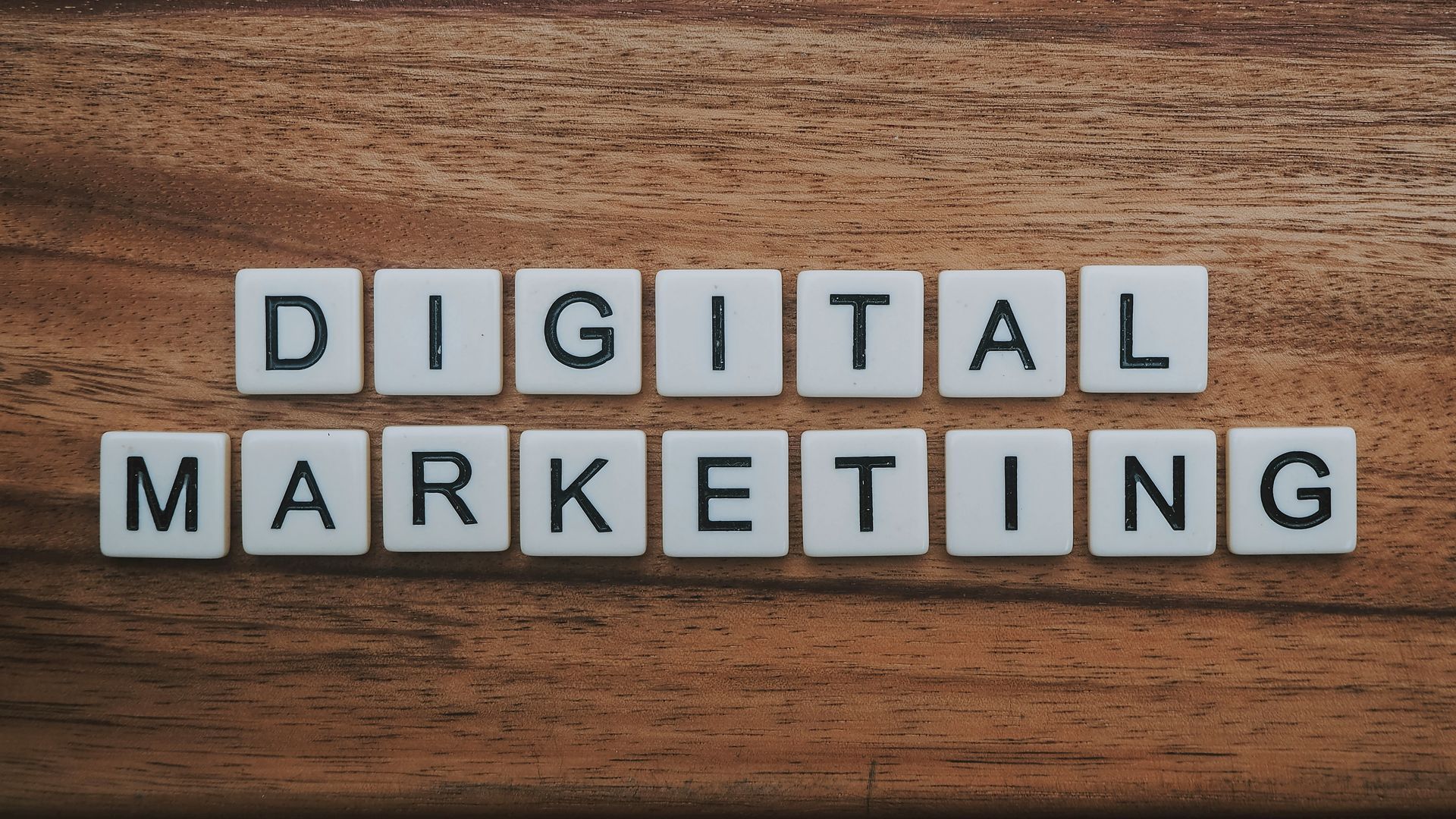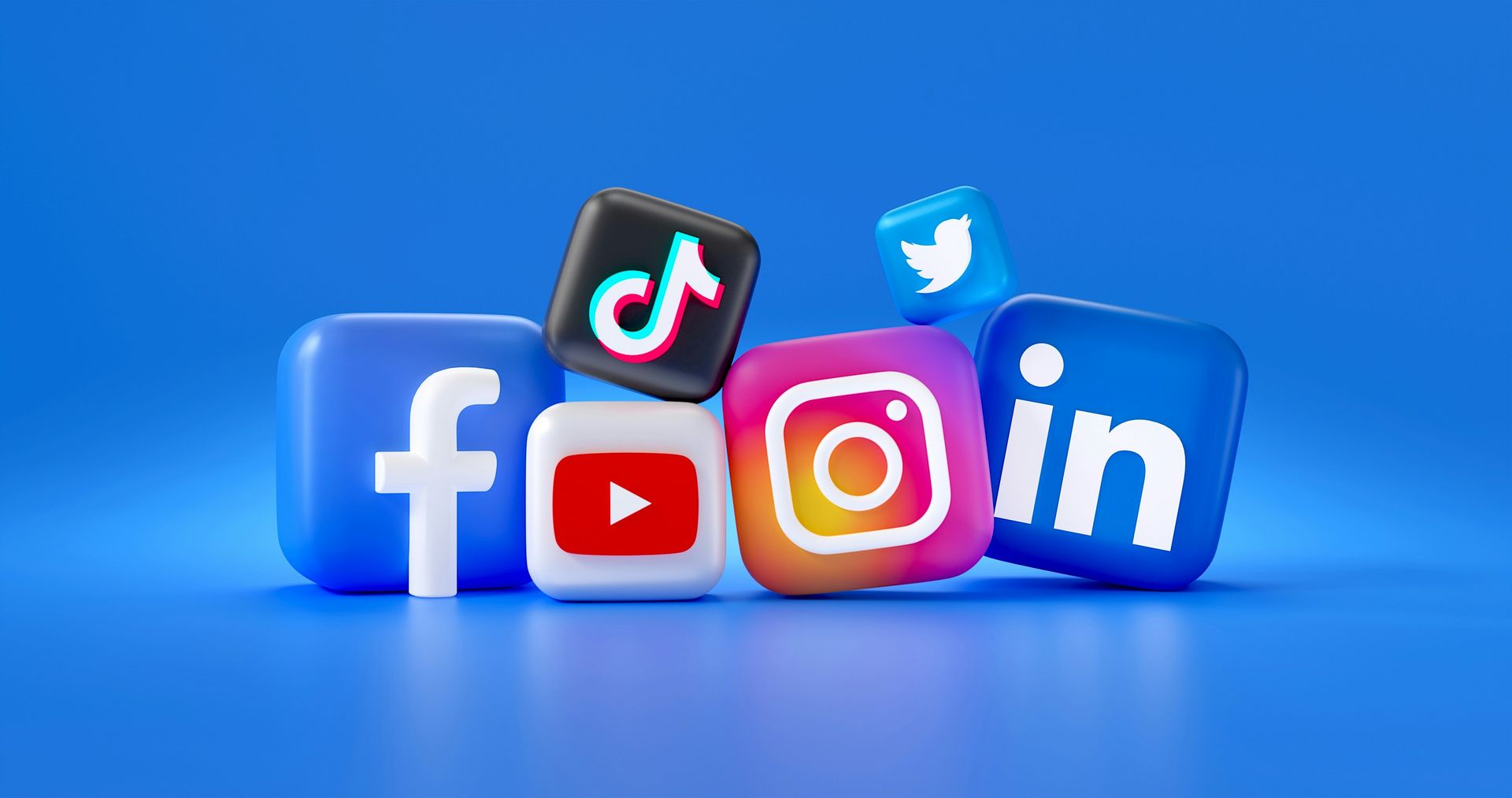MarCom Definition Unlocking the Power of Marketing Communication for Your Business

Marketing Communication, or MarCom, is the backbone of successful business strategies in today's highly competitive digital world. It is the practice of crafting and delivering messages that resonate with a brand's target audience, using various channels to achieve specific marketing goals. Whether it's through social media, email campaigns, or public relations, MarCom is essential for building brand awareness, nurturing customer relationships, and driving sales.
In this comprehensive guide, we’ll explore the definition of MarCom, its key components, and how you can leverage its power to unlock new opportunities for your business.
What is MarCom?
Marketing Communication (MarCom) refers to the strategies, tactics, and tools used by businesses to communicate with their target audiences. The ultimate goal of MarCom is to deliver the right message, at the right time, through the right channel to achieve specific business objectives.
According to Investopedia, MarCom involves both the message itself and the medium used to communicate it, encompassing everything from advertising and branding to digital campaigns and direct marketing.
The Core Components of MarCom
To fully understand MarCom, it’s crucial to break it down into its primary components:
1. Advertising
Advertising involves paid promotions to deliver a brand’s message to a wide audience. Traditional advertising includes TV, radio, and print, while digital advertising encompasses Google Ads, social media ads, and display banners.
2. Public Relations (PR)
PR focuses on maintaining a positive public image through media coverage, press releases, and events. It’s an integral part of MarCom that builds trust and credibility.
3. Content Marketing
Content marketing is the creation and distribution of valuable, relevant content to attract and engage an audience. Blogs, videos, infographics, and white papers are common examples.
4. Social Media Marketing
Social media is a powerful tool in MarCom, allowing businesses to connect with audiences in real time. From organic posts to targeted ads, platforms like Instagram, Facebook, and LinkedIn offer immense potential.
For insights on optimizing social media, visit our article How to Use Social Search: Everything You Need to Know.
5. Search Engine Marketing (SEM) and SEO
Search engine strategies like SEM (Google Ads) and SEO ensure your brand appears prominently in search results. They’re vital for driving traffic and generating leads.
The Importance of MarCom for Businesses
- Building Brand Awareness
MarCom helps businesses create a memorable brand presence. Effective communication ensures that your target audience understands who you are and what you offer. - Driving Customer Engagement
Engaging messages delivered through the right channels can spark conversations and interactions, building stronger connections with your audience. - Increasing Conversions
Clear and compelling communication can guide potential customers through the buyer’s journey, resulting in higher conversion rates. - Differentiating Your Brand
In a crowded market, MarCom allows you to highlight your unique selling points (USPs) and stand out from competitors.
How to Develop an Effective MarCom Strategy
To leverage MarCom effectively, you need a well-defined strategy. Here are the key steps:
1. Define Your Goals
Are you looking to increase brand awareness, drive sales, or improve customer loyalty? Establish clear objectives that align with your business needs.
2. Know Your Audience
Conduct market research to understand your target audience’s demographics, preferences, and behaviors. This ensures your messages resonate.
3. Choose the Right Channels
Use a mix of traditional and digital channels tailored to your audience. For instance, younger demographics may respond better to social media, while professionals might prefer LinkedIn or email marketing.
4. Craft a Consistent Message
Ensure your messaging is consistent across all platforms to build trust and reinforce brand identity.
5. Measure and Optimize
Use analytics tools to track the performance of your campaigns. Evaluate metrics like engagement, click-through rates, and conversions to refine your strategy.
Examples of Successful MarCom Campaigns
- Coca-Cola’s “Share a Coke” Campaign
This iconic campaign used personalized bottles to create a sense of ownership and engagement. It combined traditional advertising with social media, encouraging customers to share their personalized Coke bottles online. - Nike’s “Just Do It”
Nike’s MarCom strategy focuses on inspiring and empowering its audience through emotionally charged messaging. The brand uses a mix of social media, influencer marketing, and storytelling to maintain its leadership in the sportswear industry. - Airbnb’s User-Generated Content (UGC)
Airbnb leverages UGC by encouraging users to share photos and stories of their stays. This authentic content enhances trust and boosts bookings.
Emerging Trends in MarCom
- AI and Automation
Artificial intelligence is transforming MarCom by enabling personalized messaging and predictive analytics. AI-driven chatbots, for example, offer instant customer support. - Social Shopping
Platforms like Instagram and TikTok are merging e-commerce with social media, making it easier for brands to sell directly to consumers. Learn more about this trend in our article What Is Social Shopping? How It’s Changing the Way We Shop Online. - Video Marketing
Video content is becoming a cornerstone of MarCom. Live streams, product demos, and explainer videos are excellent ways to engage audiences. - Sustainability Messaging
As consumers become more eco-conscious, brands are incorporating sustainability into their MarCom strategies to align with audience values.
Benefits of Partnering with MarCom Experts
Partnering with a professional MarCom agency like Marcom.eu offers several advantages:
- Expertise Across Channels
MarCom agencies have the expertise to manage multi-channel campaigns, ensuring your brand message reaches the right audience effectively. - Time and Cost Efficiency
Outsourcing MarCom tasks allows your team to focus on core business functions while professionals handle the complexities of marketing communication. - Data-Driven Strategies
Agencies use advanced analytics to craft strategies that maximize ROI. - Access to the Latest Tools and Trends
Stay ahead of the competition with cutting-edge tools and insights provided by experienced professionals.
Conclusion
Marketing communication (MarCom) is more than just advertising—it’s about creating meaningful connections with your audience through strategic and consistent messaging. By understanding the key components of MarCom and implementing an effective strategy, businesses can unlock new opportunities for growth and success.
Want to elevate your brand with expert MarCom strategies? Visit Marcom.eu today to learn more and request a free consultation.
ALL OUR OTHER NEWS:







